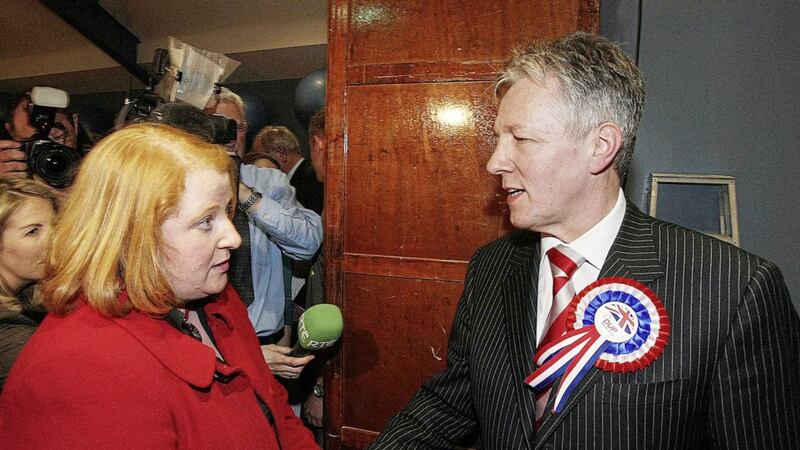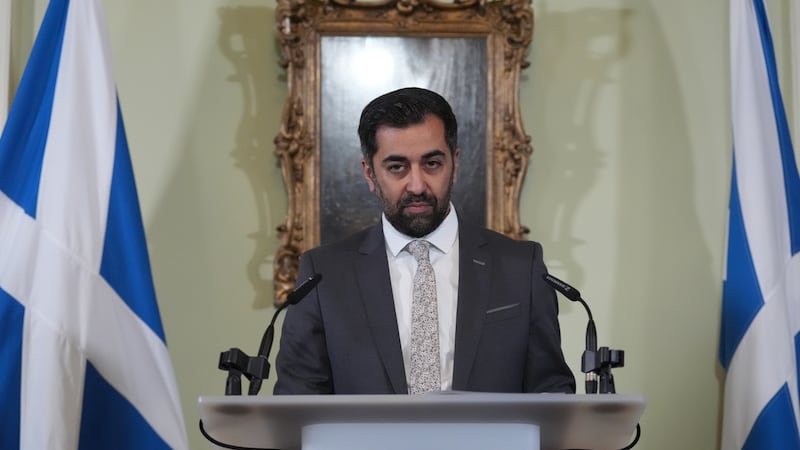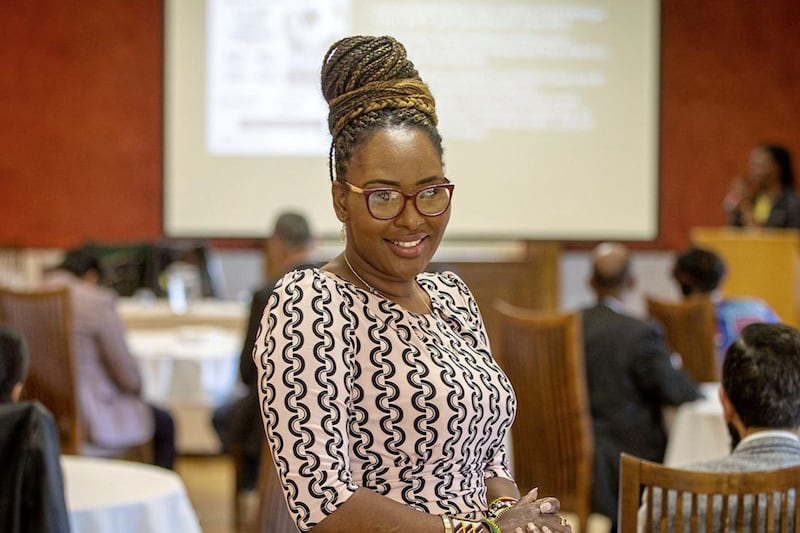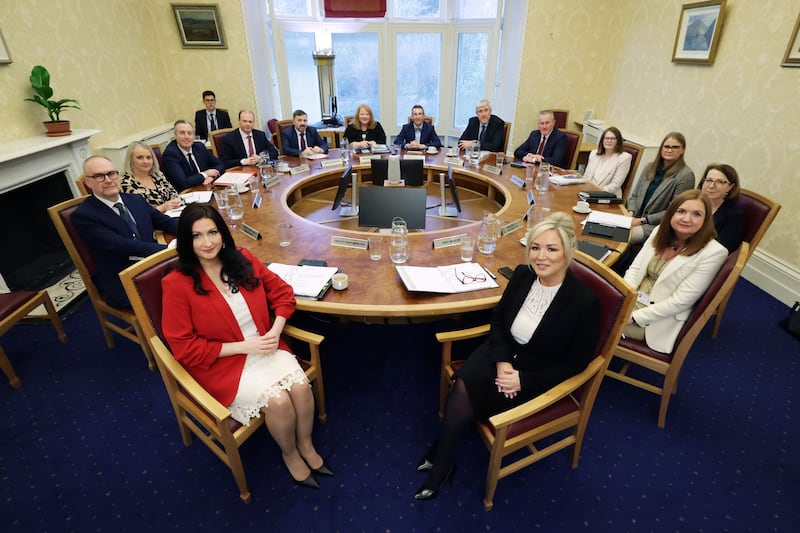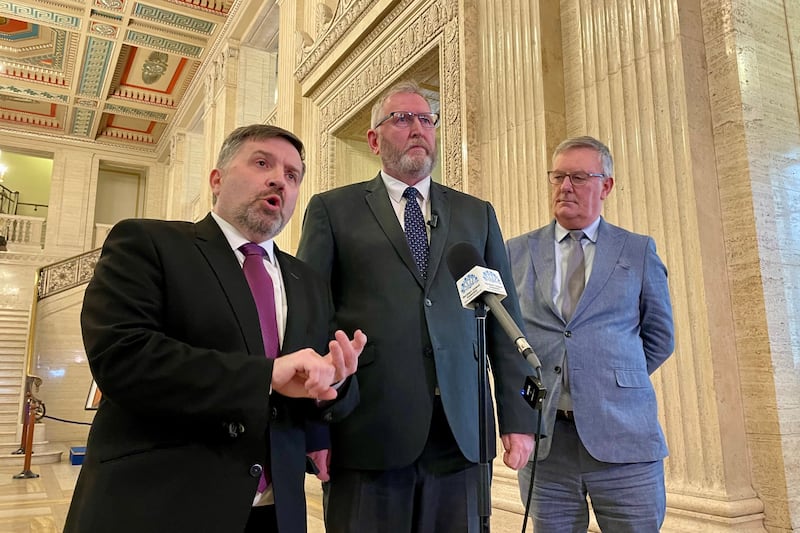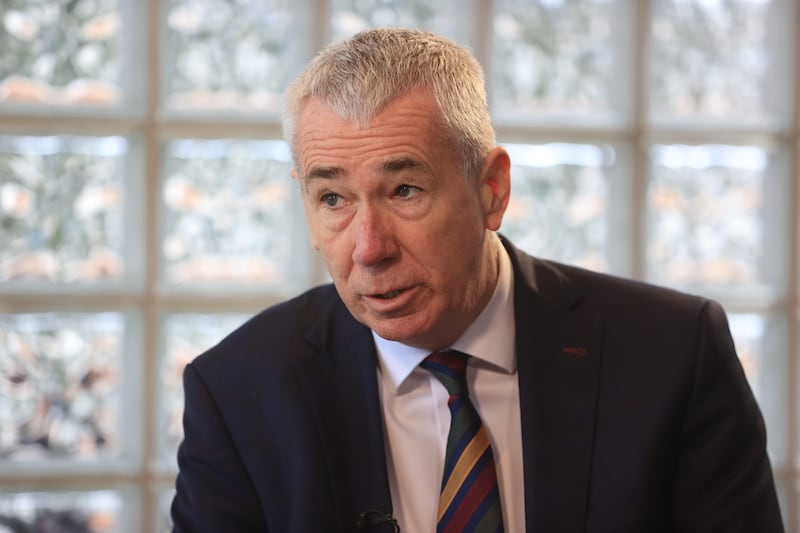Though a full picture has yet to emerge, it is becoming increasingly clear that secretary of state Chris Heaton-Harris's punishment budget will have profound implications for our public services not only this year but also into the future.
The Northern Ireland Fiscal Council says that Stormont faces a real-terms spending cut of 3.3 per cent this year, with the civil service believing it needs to find £800 million in cuts and additional revenue.
This comes at a time when inflation is remaining stubbornly high, meaning each pound doesn't go as far as it did this time last year. Further clouding the outlook are cost-of-living pressures - which are felt by government departments as keenly as by families and households - and public sector pay demands. The effects of the so-called Barnett squeeze will further ratchet up the pressure on Stormont's finances.
The Fiscal Council - an independent watchdog established in 2021 to bring more transparency and scrutiny to the north's public finances - also referred to "weaknesses in budget management specific to NI" which have been "exacerbated by the absence of an executive".
The blame for that lies squarely at the door of Sir Jeffrey Donaldson and the DUP. Its refusal to allow the Assembly to elect a speaker, never mind join with other parties to form an executive, because of its opposition to the Windsor Framework is punishing people at least as hard as Mr Heaton-Harris's budget.
Unelected civil servants are now faced with deciding where to make cuts. As Jayne Brady, the head of the civil service, told the NI Affairs Committee, "officials should have no role in political decisions".
Nonetheless Stormont departments have already cut much-needed services, such as the 'holiday hunger' scheme, and others are being considered.
The Department of Infrastructure, for example, is contemplating turning off street lights, leaving roads ungritted in winter and limiting road maintenance to filling potholes as it seeks to meet "extremely difficult and unprecedented circumstances". It is beyond dispiriting that these are even being considered in a European country in 2023.
In another example of the DUP's muddle-headed thinking, at the NI Affairs Committee Upper Bann MP Carla Lockhart gave the impression that there was little point in politicians returning to Stormont if there was no money to, for example, implement the Bengoa health service reforms.
But with Stormont facing profound questions over its financial sustainability, perhaps a more pertinent question for Ms Lockhart and her colleagues is to ask if there is any point in voting for politicians unwilling to do the hard work of politics in the first place.
